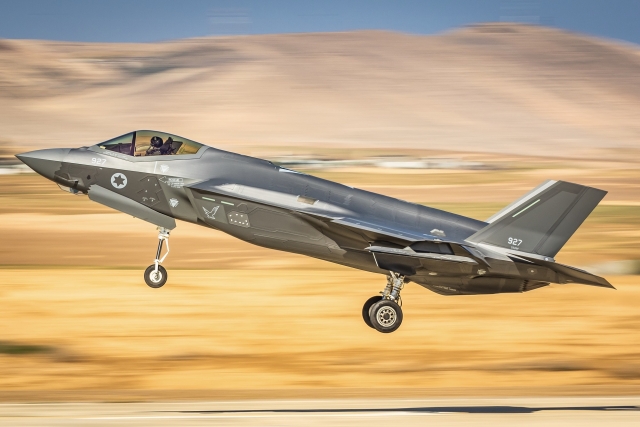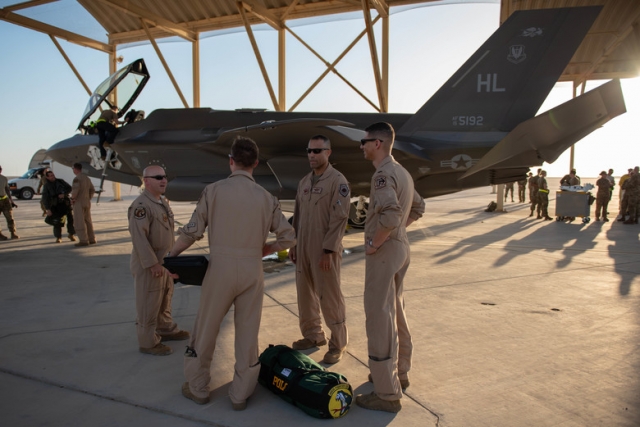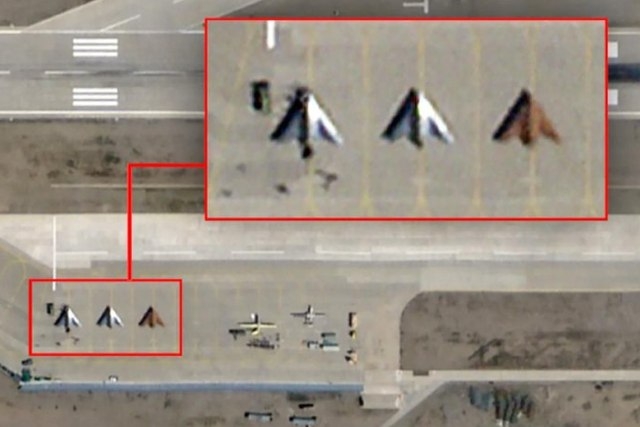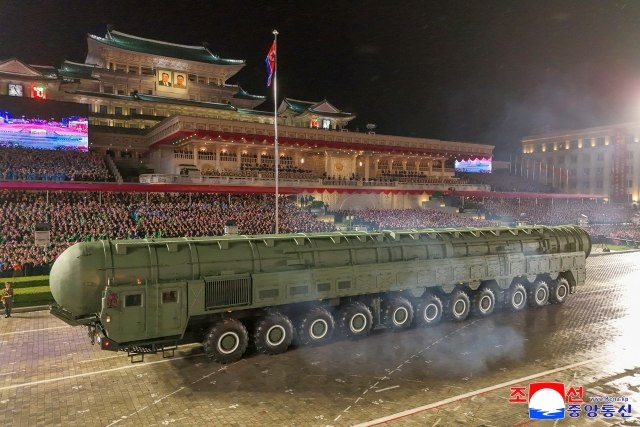UAE May Soon Order F-35 Jets, Reapers following Senate Approval
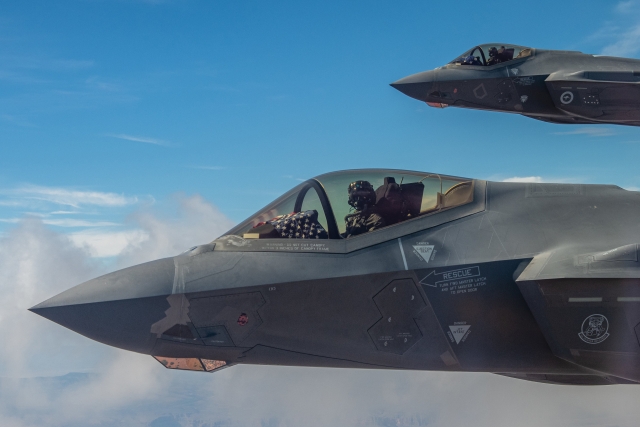
The U.A.E. will become the first Arab nation to acquire F-35 fighters if it places an order, now that the U.S. Senate failed to block Trump administration from selling weapons to the country.
On November 10, the Trump administration told Congress it approved the sale of 50 stealthy F-35 Lightning II aircraft, 18 MQ-9B drones and over 14,000 bombs and munitions for $23.37 billion to Abu Dhabi. This deal sets the record for the second-biggest sale of American drones to a single country.
On Wednesday, two procedural votes failed to gain a majority of the 100-member Senate, thus stopping the effort to not sell the U.A.E. advanced weapons. The export is tied with the U.A.E.-Israel normalization deal brokered by Washington. Tel Aviv had been vehemently opposing the F-35 jets sale in order to maintain military qualitative edge in the turbulent Middle East.
President Donald Trump had issued a formal threat to veto congressional efforts to block the planned weapons transfer. Last year, the White House and Senate passed a similar measure aimed at blocking $8 billion weapons sale to Saudi Arabia and its neighbors, but Trump vetoed it.
While those who back the sale consider U.A.E an important ally in the Middle East, opponents criticize it for its involvement in the Yemen War, a conflict described by the United Nations as one of the world’s worst humanitarian disasters.
"A vote for this resolution is a vote to give Iran, China and Russia more power and influence in the region, and will make our world less safe," said Sen. Jim Inhofe, R-Okla., chairman of the Senate Armed Services Committee.
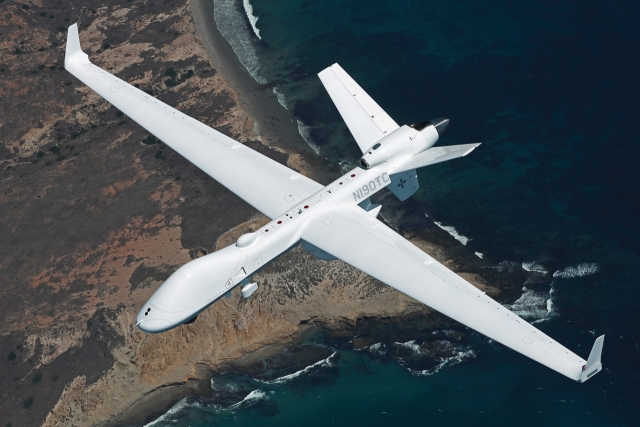
U.S. Senator Chris Murphy said, “On this sale, in particular, the consultative process was really important. Because this sale is as big and as hairy and as complicated as you get. We are, for the first time, selling F-35s and MQ-9 Reaper drones into the heart of the Middle East. We've never done it before.”
On the arms sale spiral in the Middle East, Murphy said: “Today we may be selling the F-35s and the MQ-9s to the U.A.E., but the Saudis are going to want it, the Qataris have already requested it, and it just fuels Iran's interest in continuing to build up its own military programming.”
Justifying the move, Yousef Al Otaiba, the U.A.E.'s ambassador to the U.S., said the gulf country already has F-16s, Patriots and THAAD; and has hosted U.S. F-35 squadrons in its Al Dhafra base.
Murphy also accused the U.A.E. of “fueling” the Libyan Civil War by supplying armed drones, and repeatedly violating end-use rules. “I'm not here to say that we shouldn't be in the security business with U.A.E. There are a lot of important common projects, but the question is, with a country that is part of the problem more often than part of the solution in Yemen, a country that is in existing violation of an arms embargo in Libya, a country that has just within the last several years transferred our weapons to Al Qaeda-aligned militias—without resolving those issues, is this the moment to be selling for the first time ever F-35s, armed drones into the heart of the Middle East?”
Yousef Al Otaiba wrote on Twitter: “The U.A.E. need for advanced drones is a response to their growing sophistication and deployment by adversaries across the region, including Iran and non-state actors. They are critical to the U.A.E.’s defense just as they are to the U.S. and other partners. We would rather have the best U.S.-equipment or we will reluctantly find it from other sources, even if less capable.”

